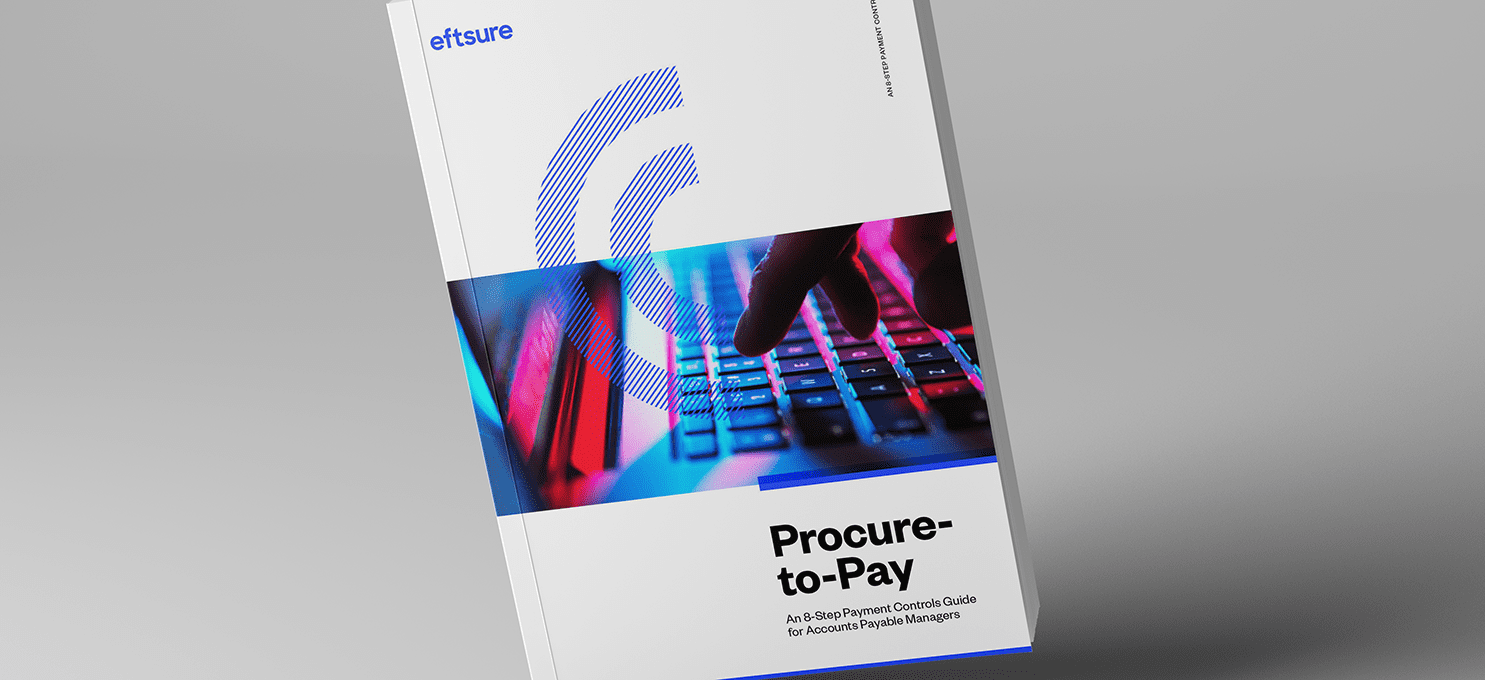A CFOs Guide to ACH Payments
In recent years, the banking industry has undergone significant transformations that have changed how we manage our finances. The shift from traditional …
Effective supplier management has always required a careful balance between cost control and risk mitigation. But, with ongoing geopolitical stability and climate-related disasters, disruption to international supply chains is likely to continue. It might be harder to strike that balance, but it’s more crucial than ever.
And Chief Financial Officers (CFOs) have a big stake in striking it. Without tight, efficient supplier management, their organisations’ profitability and business continuity could be in jeopardy.
So what can CFOs do within the current landscape? Let’s explore some of the most reliable supplier management techniques for streamlining the procurement process, controlling costs and minimising risks.
As a CFO, managing the supply chain is a critical responsibility that directly impacts a company’s financial health. Poor supplier management can lead to increased costs, supply chain disruptions and decreased profitability. Effective supplier management, on the other hand, can improve cost control and risk mitigation, and ultimately lead to improved financial performance.
One of the primary ways that effective supplier management can improve cost control is by optimising supplier relationships. Strong relationships with suppliers form a critical foundation for achieving better pricing and contract terms. This can include volume discounts, early payment discounts and longer payment terms, reducing overall costs.
Strengthening these relationships also increases the likelihood that you can access the materials and services necessary for maintaining operations and meeting customer demand, even in the face of supply chain disruptions. It also increases your chances of having open, clear communication with suppliers, which helps you keep customers in the know – a crucial capability if disruptions do end up impacting you or your customers.
Effective supplier management is also crucial for mitigating risk beyond potential supply chain disruptions. For instance, your vulnerability to risk is directly linked to whether your suppliers are reliable and compliant with regulations. During procurement and supplier assessment, due diligence is important for identifying potential risks, such as labour or environmental violations. The earlier you can identify these, the easier it will be to work with suppliers to mitigate these risks, which helps avoid costly legal and reputational damage.
But effective supplier management isn’t just about avoiding bad outcomes. It can also improve overall supply chain efficiency, saving money and helping you retain customers at lower costs.
Streamlined supplier management processes – such as electronic invoicing and automated ordering – help reduce the time and resources required to manage the supply chain. This frees up resources for other critical business functions and improves overall productivity.
Poor supplier management, on the other hand, can have significant financial implications. Supply chain disruptions can lead to lost sales, production delays and higher costs – needing to source materials from alternate suppliers can be time-consuming and expensive.
Now that we’ve established the importance of effective supplier management, let’s dive into the practicalities: what, exactly, can you do to better suppliers and control costs?
Here are five steps for reducing costs associated with supplier management:
Before we explore which strategies you can implement to better mitigate supplier risk, let’s explore some examples of the kinds of risks CFOs should be looking out for.
As a CFO, managing and mitigating supplier risk is a key priority.
Supplier risk can have a significant impact on your organisation’s financial performance, reputation and operational efficiency. That’s why it’s important to develop effective strategies to manage and mitigate supplier risk.
Here are some approaches and steps to consider.
Managing cost control and mitigating supplier risks are interconnected challenges. And they can be even more challenging when you’re contending with economic headwinds, ongoing supply chain disruptions, geopolitical instability or natural disasters. Since organisations are often managing a large number of suppliers, it can be even more difficult to effectively evaluate each one.
Solutions like Eftsure can help you streamline procurement and onboarding processes, making it possible for AP teams to quickly and confidently verify supplier payment information, reducing manual legwork and the risks associated with it.
This includes features like bulk supplier invitations, form completion, document collection and more efficient verification through real-time approvals and comprehensive fraud checks.
By prioritising supplier management as a key aspect of your financial strategy, you can control costs, reduce risks and ensure smoother supply chain operations.

In recent years, the banking industry has undergone significant transformations that have changed how we manage our finances. The shift from traditional …
Faster payments are part of our every day – but cybercriminals are exploiting the system. Discover how you can reduce the risks in your business.
Tired of yet another unwanted message in your inbox? Here’s how to reduce spam emails and text messages.
Eftsure provides continuous control monitoring to protect your eft payments. Our multi-factor verification approach protects your organisation from financial loss due to cybercrime, fraud and error.